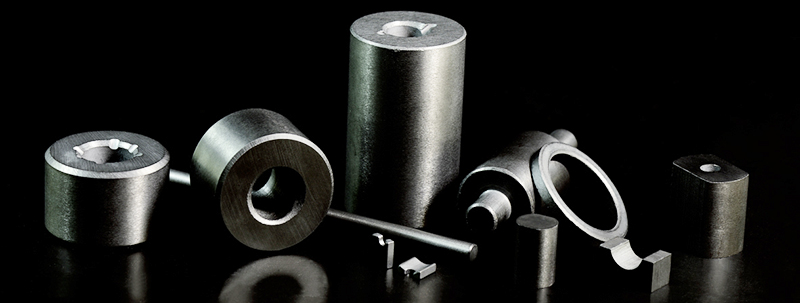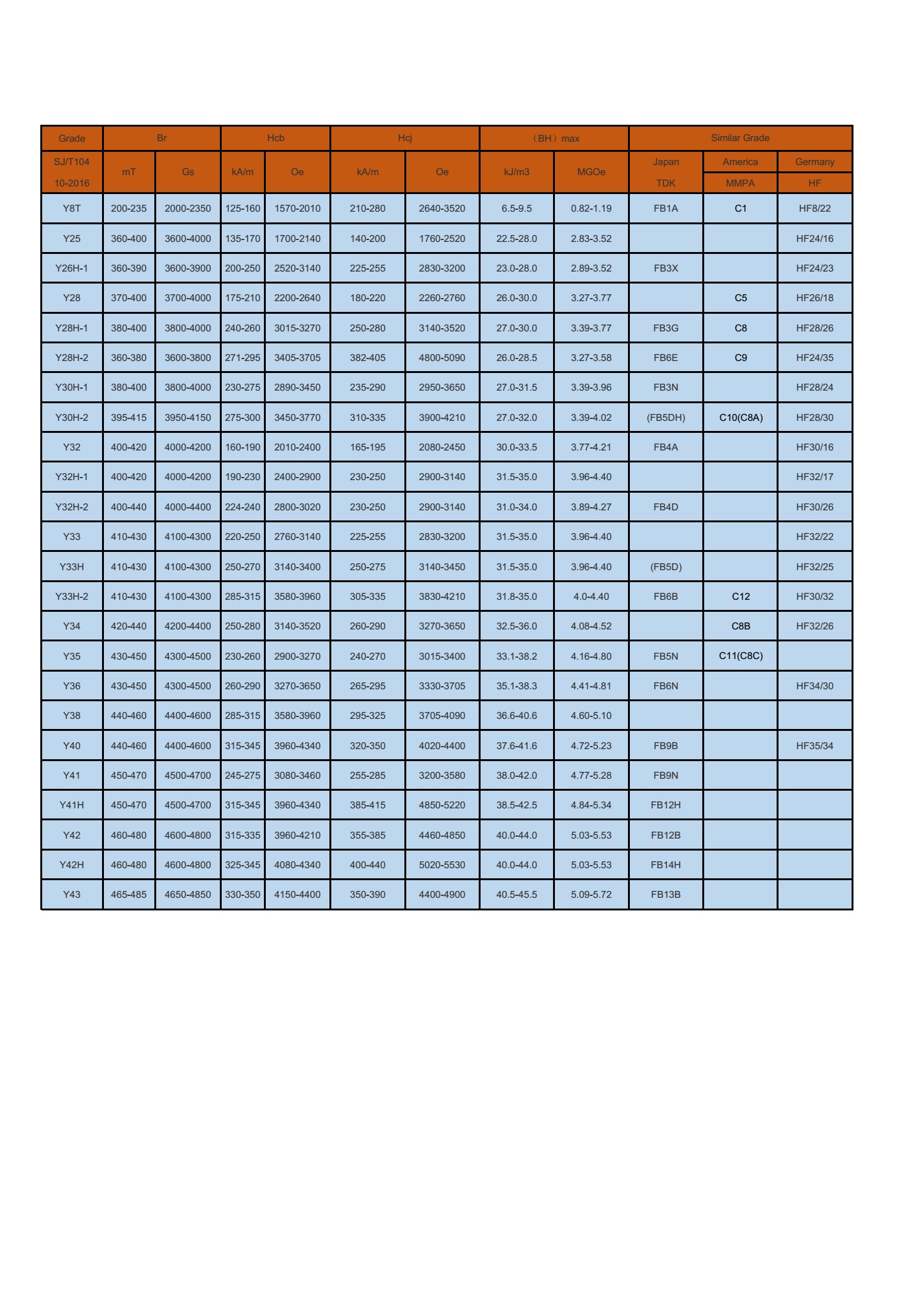Speaking of fruit, is there a pesticide residue on the first thought of the fruit, is it safe? Non-polluted fruits have become the pursuit of people's daily life; bio-pesticides are the first choice for pollution-free fruits; bio-pesticides play an important role in the integrated pest management system (IPM) used in organic agriculture;
Bio-pesticide has the advantages of broad-spectrum, high-efficiency, safety, no drug-resistance, no killing of natural enemies, etc. It can prevent pests that have been resistant to traditional products without cross-resistance. In the next few years, bio-pesticide has Great advantage. The irreplaceable use value of biological pesticides and huge potential.
So, what are the bio- pesticides commonly used for fruit tree pests and diseases ?
Below, the Chinese pesticide network Xiaobian summed up "What are the bio-pesticides commonly used for fruit tree pests and diseases?"
The main biological pesticides commonly used in fruit tree pests and diseases are: 1.5% polymycin-resistant wettable powder, 4% agricultural anti-120 water agent, BT insecticide, 1.8% Qiqisu emulsifiable concentrate, 25% chlorfenapyr suspension, 20% killing. Urea urea suspending agent, chlorpyrifos suspending agent, rotenone, 25% insecticidal double water agent, 50% Lionong WP, etc.
What are the bio-pesticides commonly used for fruit tree pests and diseases? The pesticide network Xiaobian is summarized here!

Ferrites are usually non-conductive ferrimagnetic ceramic compounds derived from iron oxides such as hematite (Fe2O3) or magnFerrites are usually non-conductive ferrimagnetic ceramic compounds derived from iron oxides such as hematite (Fe2O3) or magnetite (Fe3O4) as well as oxides of other metals.
Manufacturing process:
1). Dry process:By dry process, can produce isotropic & anisotropic magnets. The tool can be changed and developed easily.
2). Wet process:By wet process, only anisotropic magnets can be produced. It is complicated to change the tool and the tooling charge is much higher.
Magnetization:
1). Isotropic ferrite magnets are not oriented and can be magnetized in any direction.
2). Anisotropic ferrite magnets are different, they are all oriented in the manufacturing direction, and should be magnetized in the direction of orientation.

Ferrite Magnet,Sintered Ferrite Magnet,Ferrite Round Magnet,Hard Ferrite Magnet
Chongqing Great Well Magnet Co.,ltd. , https://www.gwmagnet.com
